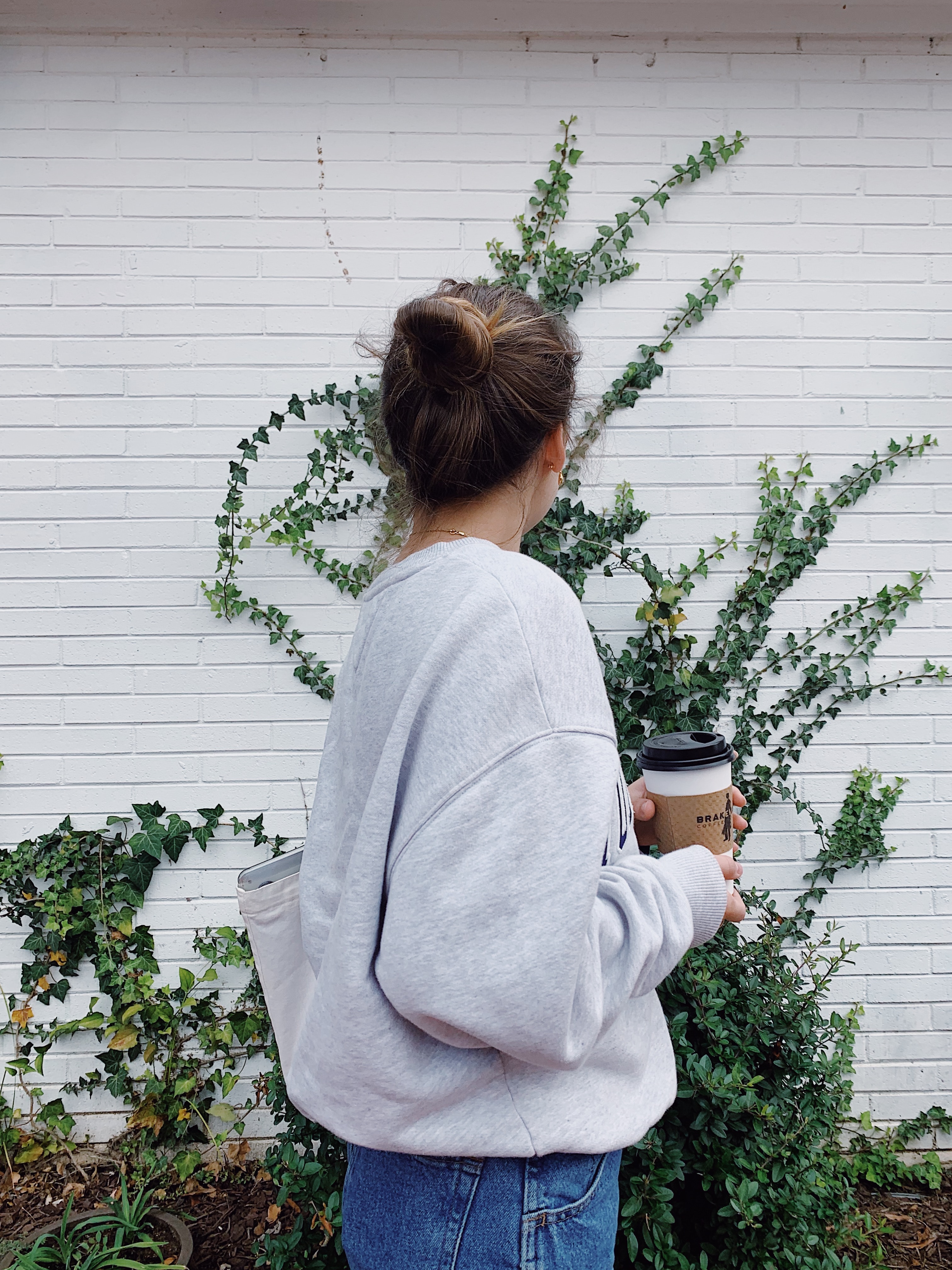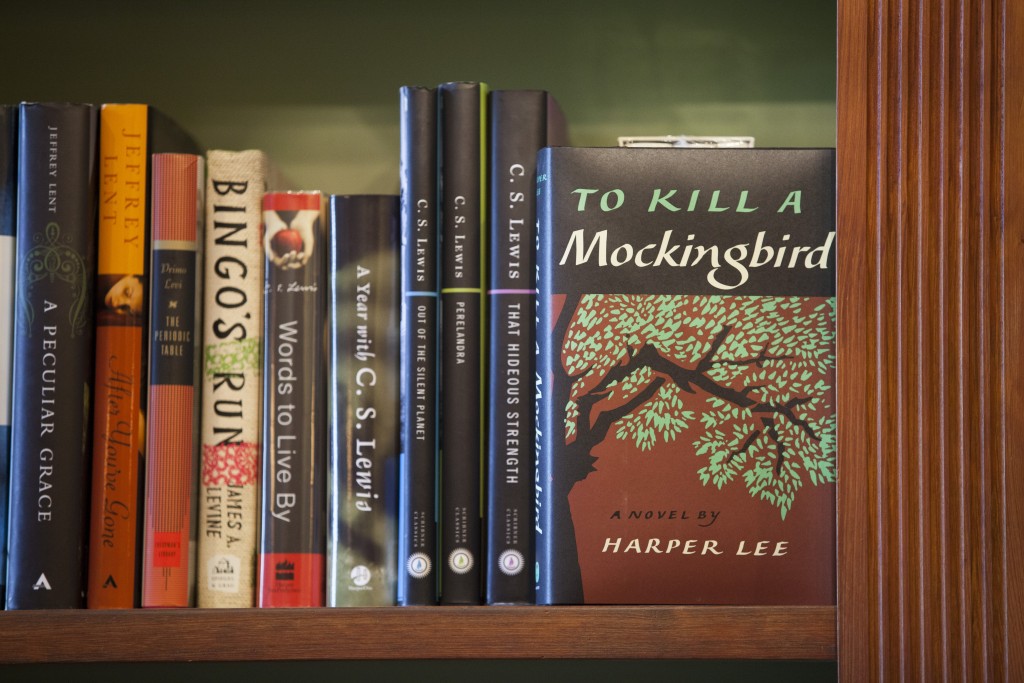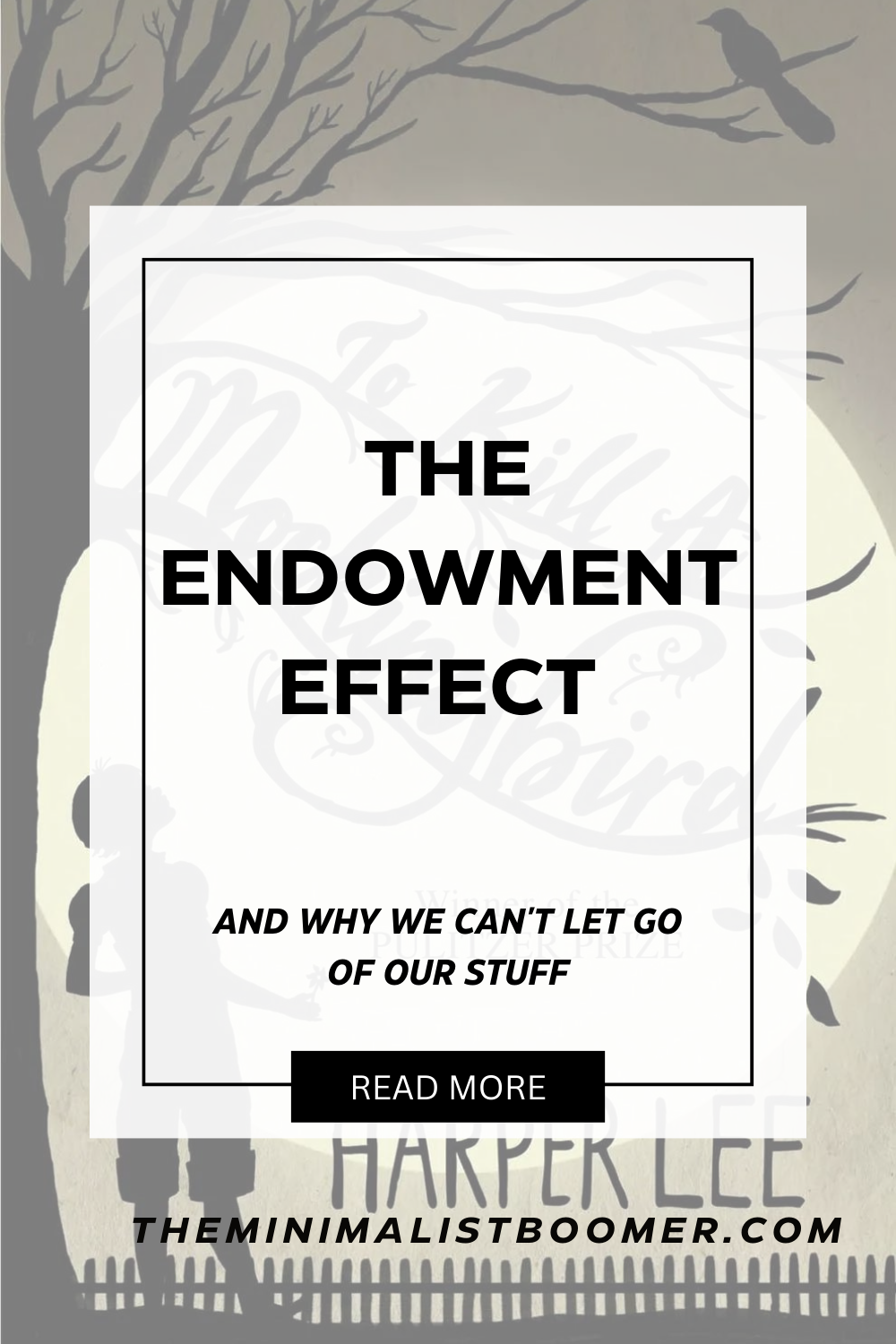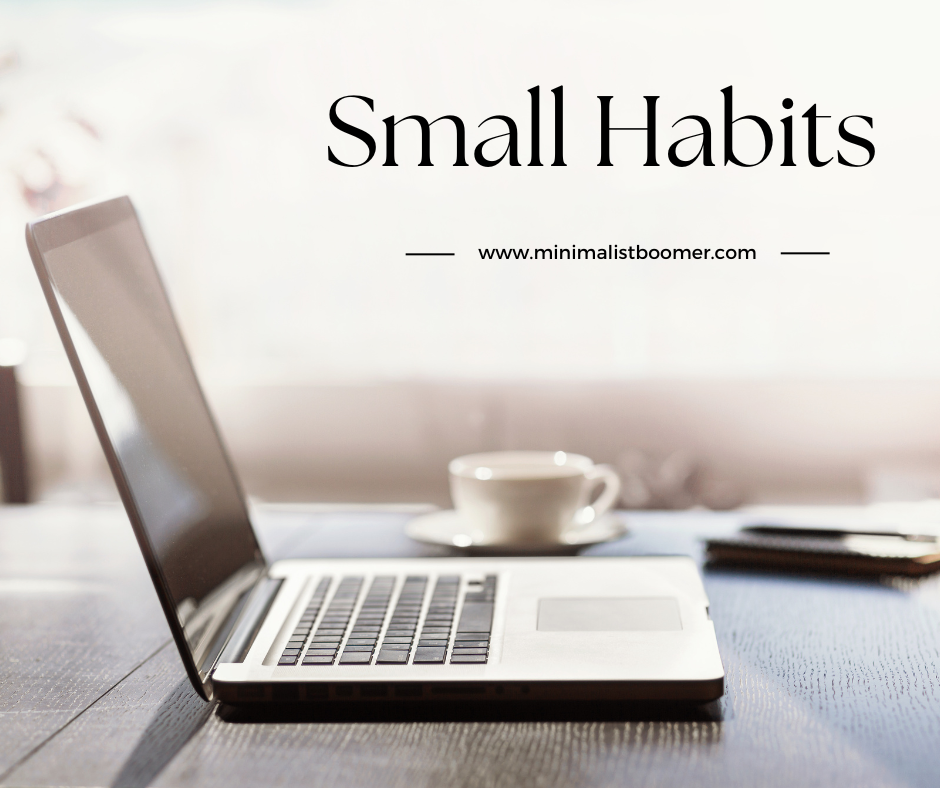I’ve got a confession to make. I have a space, in a cupboard of our office, where I’ve squirreled away some books which I’ve had for many, many years. Do I think I need these books? No, of course not. Do I want or use these books? No, not at all. As I pull each one out, I rationalize why I’ve hung on to them for so long. I try to convince myself that someone will want or need them some day and I’ll be able to share them. But, I know better. Deep down, I realize that nobody is going to want or need these particular books, with their dog-eared pages and all of my old teaching notes scribbled inside them.
So, what is my problem? This feeling can be explained by the Endowment Effect, a psychological concept that demonstrates our tendency to overvalue the things we own simply because they’re ours. Today, I invite you to be prepared to discover the science behind the struggle to declutter and let go of your belongings.
“The Endowment Effect can be clearly seen with items that have an emotional or symbolic significance to the individual.”
Have you ever found yourself feeling emotionally attached to a possession, even if it has no real value? Maybe it’s an old shirt, an old book, or a trinket from a vacation. You know it’s just taking up space and that you should get rid of it, but you just can’t seem to let it go. This phenomenon is known as the endowment effect, and it can have a powerful impact on our decision-making process.
The endowment effect is a cognitive bias that causes people to overvalue items they own, simply because they own them. In other words, people tend to place a higher value on something they possess than they would if they didn’t possess it. This can make it difficult to part with possessions, even if they have little practical or monetary value.
How the Endowment Effect Works

The endowment effect works by influencing the way we perceive the value of specific possessions. When we own something, we tend to focus on the positive aspects of the item and overlook any negative qualities. We also tend to feel a sense of attachment to the item, which can cloud our judgment when it comes to making decisions about it.
For example, let’s say you have a favorite old college sweatshirt that you’ve owned for years. It is really starting to show signs of wear and tear, but you can’t bring yourself to get rid of it. This is because you’re focusing on the positive memories associated with the sweatshirt and overlooking its flaws. You’re also feeling emotionally attached to it, which is making it difficult to let go.
Why the Endowment Effect Happens
The endowment effect happens for a variety of reasons. One explanation is that we tend to view possessions as an extension of ourselves. When we own something, it becomes a part of our identity, and we feel a sense of loss when we think about getting rid of it. The endowment effect can be linked to our aversion to loss. We tend to place a higher value on things we already have because we don’t want to lose them.
It is a powerful cognitive bias that can impact our decision-making in a variety of ways. By understanding the underlying reasons why we become emotionally attached to our possessions, we can begin to make more rational choices about what we keep and what we let go.
The Psychology Behind the Endowment Effect
Understanding the psychology behind these feelings can help us make better decisions when it comes to letting go of possessions.

The endowment effect is closely tied to cognitive dissonance, the discomfort we feel when our beliefs or values are in conflict. When we acquire an item, we form an attachment to it because it aligns with our belief that we made a good decision. Letting go of the item would then create a conflict between our belief and the action of giving it away or selling it, causing discomfort. This discomfort can be eased by overvaluing the item, leading to the endowment effect.
Another factor that contributes to the endowment effect is loss aversion, the tendency to feel more pain from a loss than pleasure from a gain. Once we own an item, we perceive it as a gain. If we were to lose the item, we may feel the loss much more acutely. This fear of loss can cause us to overvalue an item, as we want to avoid the pain of losing it.
“The best way to enjoy your favorite things is simple. Just own your favorite things.” – The Minimalist Boomer
Recognizing the endowment effect can help you make more rational decisions about your possessions. Try to evaluate each item on its own merit, rather than simply because you own it. Ask yourself if it serves a purpose in your life, if it brings you joy, or if it’s simply taking up space.
It’s important to remember that just because you own something doesn’t mean it’s worth more than its actual value. If you find yourself holding onto items simply because you own them, try to take a step back and evaluate their place in your life.

So, take a step back, evaluate your possessions with a critical eye, and make the conscious decision to prioritize your well-being over material possessions. This will allow you to break free from the grip of the endowment effect and create a living space that is not only physically clutter-free but also mentally refreshing.
Thanks for reading. Feel free to add your comments below.




